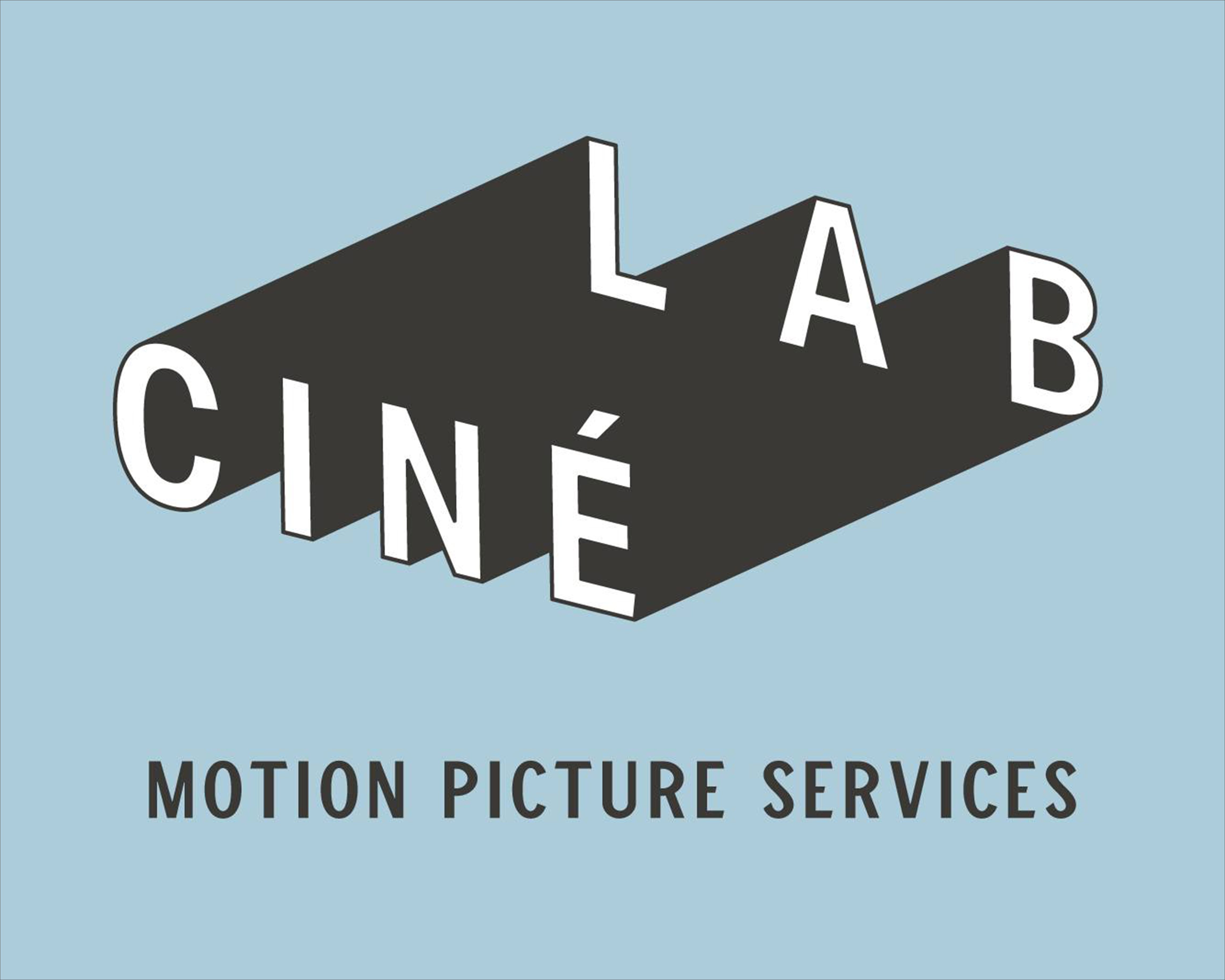You are using an out of date browser. It may not display this or other websites correctly.
You should upgrade or use an alternative browser.
You should upgrade or use an alternative browser.
Shooting schedule
- Thread starter filmchef
- Start date

Are you asking for the forms that you have to fill out, or are you asking somebody to actually sit down and help you schedule your film? It's very subjective. The first thing you should do is get ALL of your actors' schedules, as well as the schedules of each location that you want so that you can fit in around those. Otherwise, you may be scheduling something on top of other stuff that people have already committed to.
D
Dhow101
Guest
scheduling
scheduling
I agree with the actor thing. You must make sure your talent have no scheduling conflicts. Also, you probably want to make the most of each day so shoot as many scenes as possible at each location so you don't have to bactrack to the same location. It saves you time and money. Every film I have worked on the director is always trying to accomplish the list of shots they want to get that day. They always want to get all the shots that require the same lighting set-up, because as you must know that lighting can take a while to set-up. Several hours in some cases.
hope some of this helps. 8)
scheduling
I agree with the actor thing. You must make sure your talent have no scheduling conflicts. Also, you probably want to make the most of each day so shoot as many scenes as possible at each location so you don't have to bactrack to the same location. It saves you time and money. Every film I have worked on the director is always trying to accomplish the list of shots they want to get that day. They always want to get all the shots that require the same lighting set-up, because as you must know that lighting can take a while to set-up. Several hours in some cases.
hope some of this helps. 8)
D
Digigenic
Guest
7 basic steps to remember when scheduling a film:
1. Even if you wrote it, read and know the script
2. Mark up your script [don't forget the importance of color coding, and
underline key elements instead of highlighting, better for when you
have to make copies]
3. Prepare a script breakdown [again, don't forget the importance of
color coding]
4. Storyboarding [people tend to suggest the simplistic approach to
storyboarding, but as with any of the other steps, the more detailed
you and your artist are with pre-visually outlining the story, the better
your chances are of getting exactly what you want when in
production. Of course, that isn't to say things always go as plan, but
having excellent boards can really really help.
5. Scheduling the shoot [Movie Magic software can help with this
as well as with budgeting]
6. Schedule approvals from all invloved
7. Budgeting of time and money
[I've sent you a link that follows these steps in more detail]
1. Even if you wrote it, read and know the script
2. Mark up your script [don't forget the importance of color coding, and
underline key elements instead of highlighting, better for when you
have to make copies]
3. Prepare a script breakdown [again, don't forget the importance of
color coding]
4. Storyboarding [people tend to suggest the simplistic approach to
storyboarding, but as with any of the other steps, the more detailed
you and your artist are with pre-visually outlining the story, the better
your chances are of getting exactly what you want when in
production. Of course, that isn't to say things always go as plan, but
having excellent boards can really really help.
5. Scheduling the shoot [Movie Magic software can help with this
as well as with budgeting]
6. Schedule approvals from all invloved
7. Budgeting of time and money
[I've sent you a link that follows these steps in more detail]
Hello Justin,
Welcome to the forums !
I would follow the advice about actors. Make as they have their days in a series of days better than one day per week along 3 weeks for instance.
Your second point is : locations. Group them so you don't plan too many travels. It helps a lot. Consider 2 different locations per day is already hard - depending on the number of scenes per location of course, and three should be a maximum.
So you have to consider how long it takes to change location : consider 2 hours more than the travel it self. one for wrapping and one for setting.
Also, everybody will find it clever to stay in a location for the time needed and then forget about it better than shooting once and come back on the same location few days after... Obvious, isn'it ?
Third : effects. I mean : day, night, mixt. Consider you can't have people shooting a day in after they shot a day out... Respect conventions and people's need of a 12 hours break beetween 2 days of work.
Usually, First AD plans to schedule the most difficult shots in the first days of shooting, for different and many valuable reasons.
Did you consider posting in the AD section ?
Good luck, anyway. Don't forget to speak with all the major departments : set up, cinematography, make up etc before you fix the schedule.
Regards
Welcome to the forums !
I would follow the advice about actors. Make as they have their days in a series of days better than one day per week along 3 weeks for instance.
Your second point is : locations. Group them so you don't plan too many travels. It helps a lot. Consider 2 different locations per day is already hard - depending on the number of scenes per location of course, and three should be a maximum.
So you have to consider how long it takes to change location : consider 2 hours more than the travel it self. one for wrapping and one for setting.
Also, everybody will find it clever to stay in a location for the time needed and then forget about it better than shooting once and come back on the same location few days after... Obvious, isn'it ?
Third : effects. I mean : day, night, mixt. Consider you can't have people shooting a day in after they shot a day out... Respect conventions and people's need of a 12 hours break beetween 2 days of work.
Usually, First AD plans to schedule the most difficult shots in the first days of shooting, for different and many valuable reasons.
Did you consider posting in the AD section ?
Good luck, anyway. Don't forget to speak with all the major departments : set up, cinematography, make up etc before you fix the schedule.
Regards
I can tell you, as a worked and experienced 1st AD, scheduling can be one of the hardest parts of preproduction. Depending on your budget, my typical method of developing a shedule starts first with locations and then I go to actors. The reason being, depending on whether your locations are public property or private business/residence, the Private sector will have a set schedule of events, openings, closings, and that kind of generic thing. I'm sorry that I can't really go into detail, just because it is so subjective depending on the script, director's needs, actor availabiltiy, location availability, equipment access, blah blah blah. It's for these reasons that film really is the most collaborative art form on the face of the planet. Anyway, back to the situation at hand. A few random tips I hope help:
1. GET AN EXPERIENCED 1ST AD!
2. Get ALL availability for talent and crew up front and quickly, a month in advance of shooting is preferable, but I've closed with as little as 12 hours before a shoot starts.
3. Figure out exactly what kind of shots you want (storyboarding AND shoot lists). Remember that a shot on sticks will take less time than a dolly move or Steadicam. For anything other than handheld or sticks, add an hour of time, thirty minutes if it's a rugged short film. Things always take about 1.5 times as long as a DP tells you it's going to.
4. Get ALL location info. Get permits (in writing, even if it's a friend. Ugly story about that kind of thing). Closings, openings, schedule of special events, staff on hand.
5. GET AN EXPERIENCED 1ST AD!
If you would like some forms that are commonly used for setting up shooting schedules, shoot me an email and I will send you some stuff from an old shoot of mine that you can take a look at.
Good luck. It's a daunting task, but somebody has to do it.
-T
1. GET AN EXPERIENCED 1ST AD!
2. Get ALL availability for talent and crew up front and quickly, a month in advance of shooting is preferable, but I've closed with as little as 12 hours before a shoot starts.
3. Figure out exactly what kind of shots you want (storyboarding AND shoot lists). Remember that a shot on sticks will take less time than a dolly move or Steadicam. For anything other than handheld or sticks, add an hour of time, thirty minutes if it's a rugged short film. Things always take about 1.5 times as long as a DP tells you it's going to.
4. Get ALL location info. Get permits (in writing, even if it's a friend. Ugly story about that kind of thing). Closings, openings, schedule of special events, staff on hand.
5. GET AN EXPERIENCED 1ST AD!
If you would like some forms that are commonly used for setting up shooting schedules, shoot me an email and I will send you some stuff from an old shoot of mine that you can take a look at.
Good luck. It's a daunting task, but somebody has to do it.
-T
Similar threads
- Replies
- 0
- Views
- 213
- Replies
- 0
- Views
- 1,933
- Replies
- 8
- Views
- 1,609






